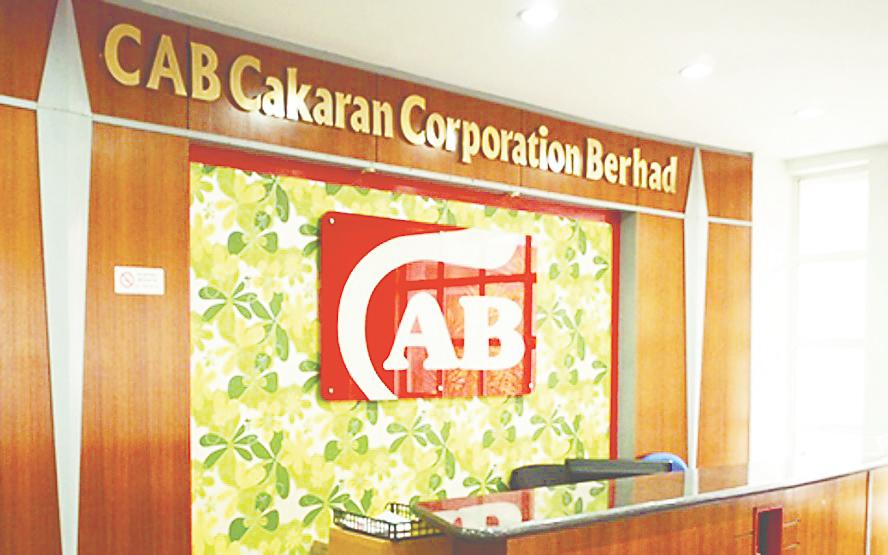PETALING JAYA: CAB Cakaran Corporation Bhd expects demand for chicken, being the cheapest meat protein, to grow at a sustainable rate in line with the domestic economy, which is expected to expand at around 5% and the increase in the minimum wage to RM1,700 from this month.
Executive chairman Chuah Ah Bee noted that the past two years had been challenging for the local poultry industry, having to overcome the negative impact of the Covid-19 pandemic and the oversupply of the chicken following the government’s policy of allowing for more import of frozen chicken into the country.
“This policy has negatively impacted the selling price of broiler in the market which caused local producers to scale down on production.
“However, the price of feed has been on a downward trend, which helps to cushion the negative impact of the lower selling price of broilers,“ he said in the company’s annual report filed with Bursa Malaysia.
He said the group, having become aware of the challenges outlined above, will take measures to upgrade production efficiency further and reduce waste throughout the value chain. This will ensure that the group’s operations run at an optimum level and are sustainable over the long term.
“To improve and increase the distribution network for its products, the group will expand its supermarket outlets with a target of 12 new outlets in 2025.
“To better utilise its primary resource, the group is expanding further into processed meat products manufacturing. In this regard, a new factory in Nibong Tebal, with a production capacity of 1,500 tons per month, is expected to be commissioned in the second quarter of 2025,“ Cheah said.
He noted that the company expanded into Singapore by acquiring a controlling stake in a slaughterhouse.
“CAB Cakaran has continued to expand its business in areas such as manufacturing delicatessen products, trading, and supplying marinated and fully-cooked meat products in the island republic.
“In addition to trying to export more of our products overseas, it is very likely that the joint venture with the Salim Group would be an opportunity for the group to penetrate into the Indonesian market,“ Cheah said.
For FY24, CAB Cakaran recorded revenue of RM2.3 billion, which is a slight increase of 2.27% over RM2.25 billion posted in FY23. This was mostly owing to the increase in sales achieved by most of its divisions, particularly the integrated poultry division.
The increased production of chicks and broilers and increased sales of feed, processed chicken, and further processed food products all contributed to the higher revenue.
However, the lower average selling price of chicks, broilers, and processed chicken has negated the revenue increase.
As a result, the group’s gross profit fell by 11% in FY24 compared to FY23.
“The importation of frozen chicken from other countries, thereby increasing the supply in Malaysia, has resulted in a
a significant drop in broiler and processed chicken selling prices and a decrease in demand for day-old chicks. This has adversely affected the company’s profit margin, even though feed costs have decreased,“ Cheah said.
The reduction in government subsidies for chicken, which fell from RM55.99 million in FY23 to RM39.80 million in FY24, has led to a decline in the group’s other income.
As a result, other income dropped from RM75.24 million in FY23 to RM60.85 million in FY24.
The increase in marketing and selling expenses by 9.7% and administrative expenses by 15.5% contributed to a 27.8% decline in the group’s operating profit, which fell to RM150 million in FY24. The other gains and losses decreased from a gain of RM2.1 million in FY23 to a loss of RM0.38 million in FY24.
Although the group recorded a RM7.89 million gain from the fair value adjustment of biological assets in FY24, up from RM0.35 million in the previous year, this was offset by an impairment loss of RM1.88 million on receivables, RM1.06 million on intangible assets, and RM2.81 million in bad debts written off.
“CAB Cakaran will continue to deploy resources towards our upstream and downstream business, such as to upgrade as well as modernising existing open house farms to closed house farms and expanding our processed food business,“ Cheah said.









